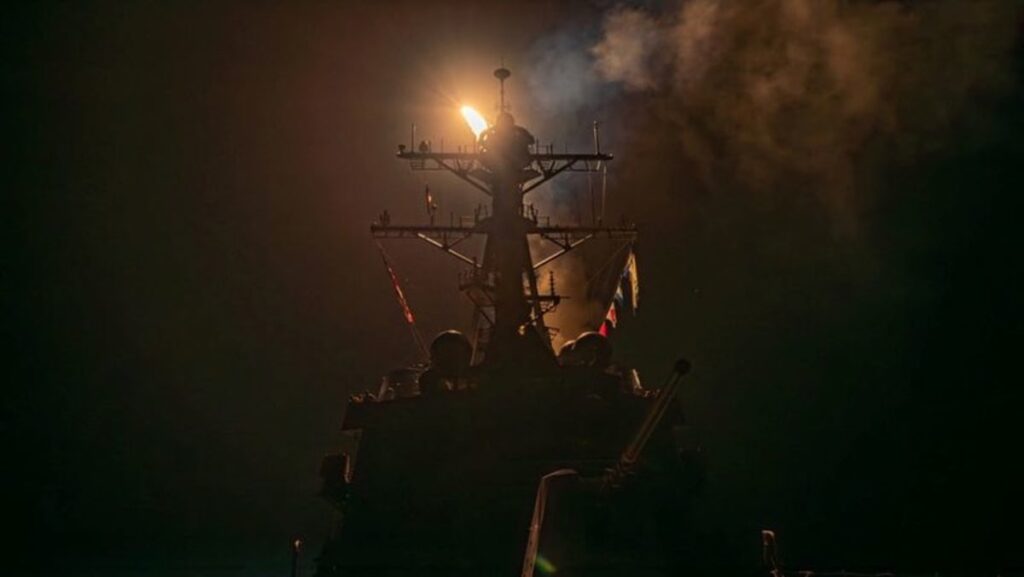Mr Bohl famous that neither aspect has a transparent endgame in the intervening time.
The Houthis have been initially seeking to goad the coalition into the assaults to get a lift in home legitimacy within the northern a part of Yemen.
It’s therefore “very notable” that the western coalition nonetheless determined to hold out the strikes regardless of understanding the Houthis’ home political acquire, mentioned Mr Bohl.
“However from there, how lengthy the Houthis have that political incentive to maintain finishing up maritime assaults and frightening coalition responses, and the way lengthy the coalition has the political will to take care of its flotilla in that space and perform a probably prolonged marketing campaign, stays to be seen,” he mentioned.
It will rely closely on the casualties incurred by both aspect and likewise the assumption that the opposite aspect would be the first to additional escalate the battle, he mentioned.
For the Houthis, such an escalation can be if the West goes after their management or disrupts their place and the areas they management, mentioned Mr Bohl. For the West, an escalation can be if the Houthis begin focusing on oil infrastructure, or oil transport by the Crimson Sea or within the Persian Gulf area.
BROADER IMPLICATIONS
Prof Camilleri mentioned that with the newest developments, the Red Sea zone has change into an space of battle which industrial operators would wish to keep away from, as a result of more and more unpredictable state of affairs.
“Sadly, the acknowledged goal of preserving the capability of business transport to function in these waters could properly in itself be severely endangered,” he mentioned.
